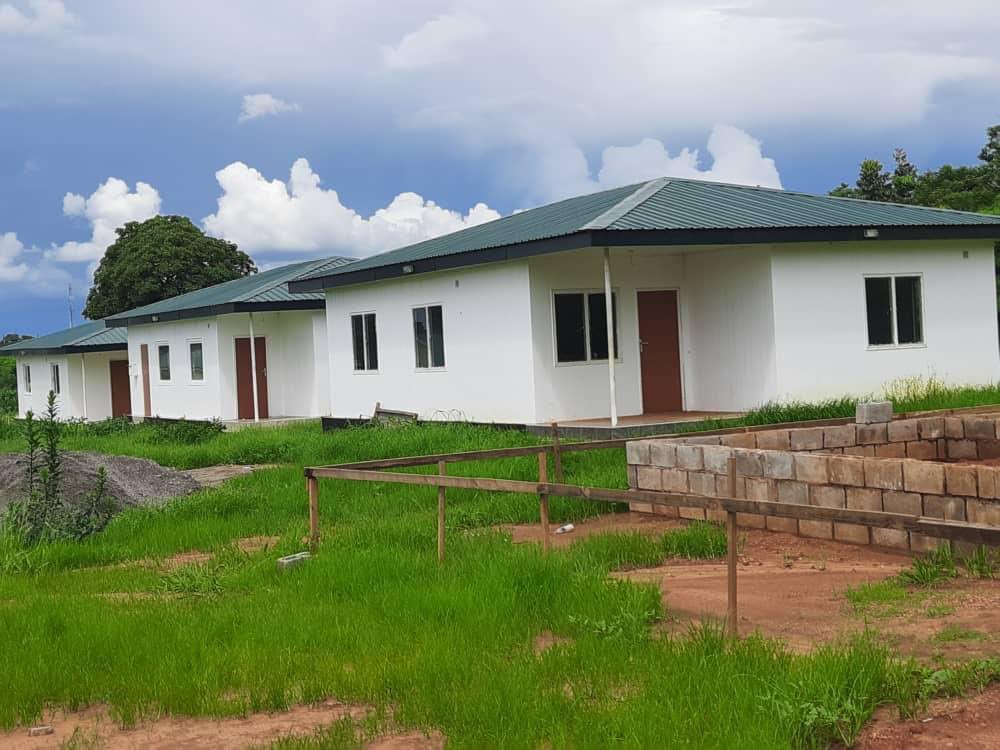The total debt market has a potential of INR 14,00,000 crore (USD 170 billion) financing opportunity in Indian Real Estate between 2024-2026, according to a JLL-Propstack report titled “Decoding Debt Financing: Opportunities in Indian Real Estate.” This presents a substantial growth opportunity for lenders to cater to the needs of landlords/developers soon. This opportunity comes from two primary market segments, the construction finance or long-term debt, and Lease Rental Discounting, both slated for unprecedented growth over 2024-2026 period.
It is estimated that the long-term debt requirement in the residential market itself will amount to nearly INR 430,000 crore till 2026. Furthermore, India’s real estate construction market, comprising other asset classes like Grade A commercial offices, high-quality malls, warehousing parks, and data centres, is collectively predicted to experience a 35-40% growth trajectory over the same period. This equates to an overall estimated potential of INR 550,000 – 600,000 crore.
Construction finance in India is dominated by the residential sector, accounting for approximately 70% of the market. However, there is still a significant gap between the total residential construction debt requirement and the debt that has been sanctioned, indicating the underserved potential of the market. Given strong fundamentals and a significant need for long-term debt in construction finance, the current gap between sanctioned and market debt stands at ~INR 150,000 crore.
Additionally, the LRD market in the commercial segment is expected to exceed a value of INR 800,000 crore by 2026. With strong demand fundamentals and sustainability measures in place, the LRD potential in the commercial office segment alone is expected to grow by 30% in the next three years. Furthermore, the physical retail market and other rent-yielding assets such as warehousing, data centres, and hotels present substantial opportunities for lenders in the Lease Rent Discounting (LRD) segment.
“In India’s thriving real estate sector, lenders have a golden opportunity to capitalize on the momentum. Recent transformations, like RERA, GST, and REITs, have opened doors for increased lender participation. Last year, Public and Private sector banks accounted for 68% of total debt sanctioned, highlighting growing confidence and interest. The popularity of Lease Rent Discounting (LRD) in commercial real estate has also grown, constituting an average of 19% of total debt sanctions, with a notable increase to 25% in 2023. While dominant lenders in the market pose challenges for smaller developers in accessing credit, it also presents an opportunity for new lenders to enter the market and cater to the financing needs of aspiring developers. To support developers at different stages, innovative and customized funding structures are needed, offering a lot of opportunity for AIF. Private credit will continue to play a crucial role, particularly in the residential sector. Shifting focus to smaller developers who make up over 2/3rds of the residential market can make funding more inclusive, ” said Lata Pillai, Senior Managing Director, Capital Markets, India, JLL
The report underscores India’s real estate sector as a pivotal contributor to the country’s GDP growth, predicting significant potential for lenders in this burgeoning market.
Banks make a strong comeback in India’s RE debt market
Upon analysing the sanctioned debt numbers across the top seven cities,
Mumbai, NCR, and Bangalore accounted for 80% of the total debt sanctioned in the last six years, demonstrating their importance in the real estate market. However, challenges such as the IL&FS and NBFC crisis in 2018 and the impact of the pandemic in 2020 caused a slowdown in the debt market. But the resurgence of the real estate markets from 2021 onwards has created new opportunities for lenders and borrowers alike.
The study showed that the banking sector’s participation has increased, accounting for 70% of the total debt sanctioned in 2023, compared to non-banking sectors. Reforms in the real estate sector, such as the Insolvency and Bankruptcy Code (IBC), have instilled confidence among both public and private sector banks.
The dominance of a few large players in debt financing poses challenges for aspiring developers. However, the demand for quality real estate assets and the sector’s projected growth present opportunities for expansion and new players. Private credit providers, such as Alternative Investment Funds (AIFs), can play a crucial role in filling the financing gap and providing tailored solutions to borrowers.
“The real estate sector has witnessed significant growth and transformation from pre-Covid to post-Covid era. As the sector grows from 7.23% of the nation’s GDP to a projected contribution of around 14% by 2030, the sector presents a lucrative opportunity for lenders in the market. Diverse funding sources, including traditional loans, private equity and venture capital, offer flexibility to borrowers in exploring different financing options”, said Raja Seetharaman, Co-founder & Director of Propstack.
Overall, the Indian real estate market offers tremendous opportunities for lenders, investors, and borrowers. With the sector’s rapid growth and the availability of diverse financing options, it is crucial for stakeholders to leverage these opportunities and drive economic development through strategic debt financing.
Also Read: Good News: Unchanged Repo Rate, no Change in Home Loan interest








